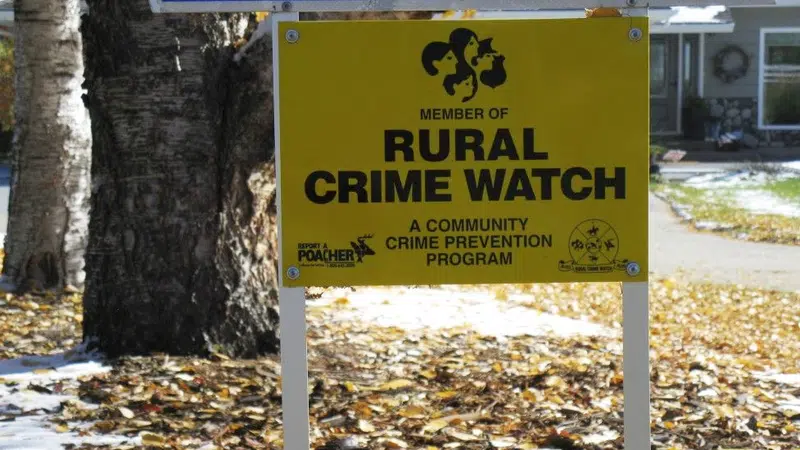
Community Crime Watch organization applauds government’s rural crime initiative
A local crime watch organization says the province’s new plan to combat rural crime a great step forward.
Ken Wigmore, president of Red Deer/Lacombe Rural Community Crime Watch, says rural Albertans are in great need of better security for their homes and their land.
“I’m anxious to see how they’re going to enact this, and just where it’s going to lead us to,” says Wigmore. “The proof will be in the pudding I think, but I certainly hope that it does work and I hope it deters some crime.”


